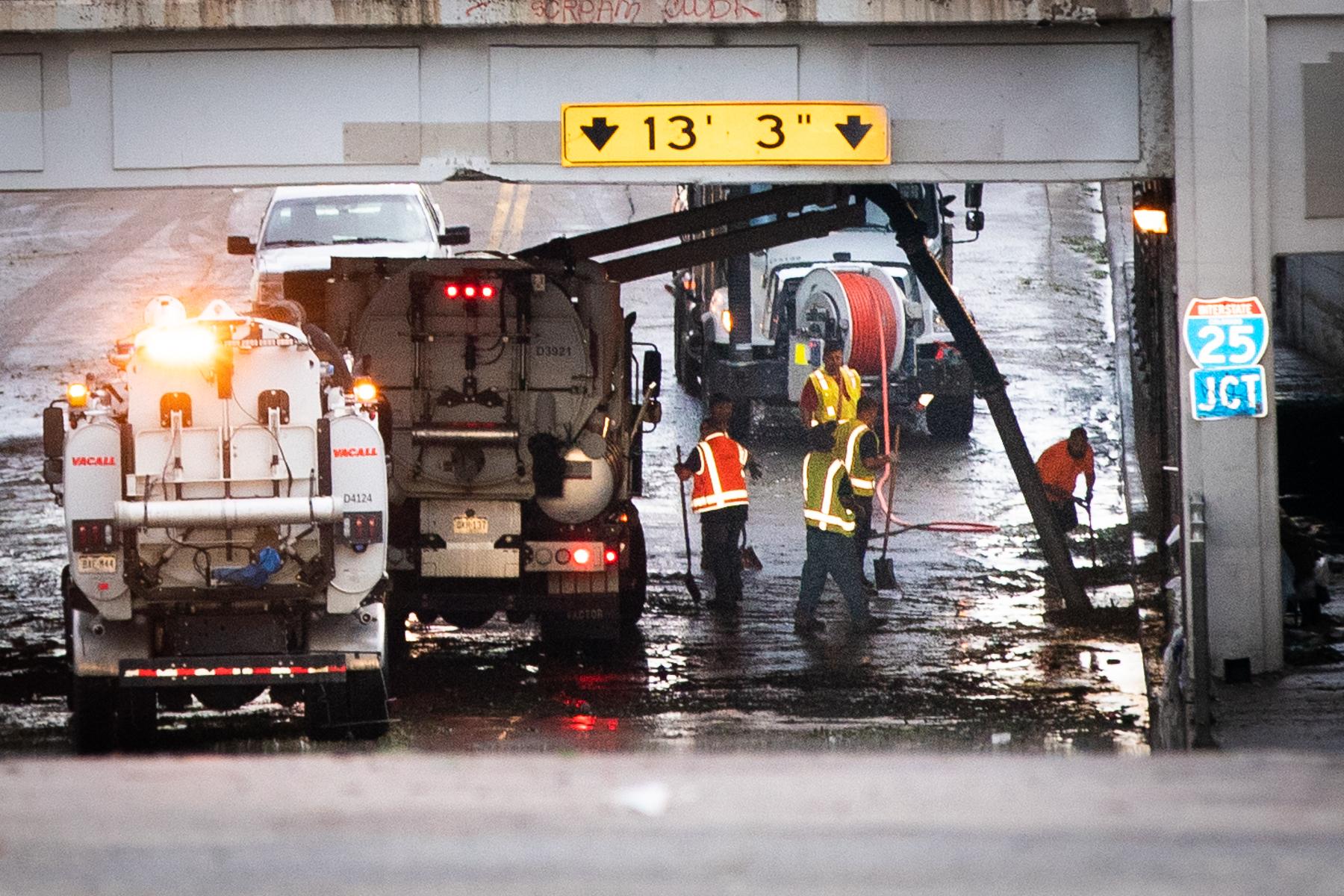Denverites expecting to be outside around 11 a.m. on Wednesday should plan to cover their ears. That's when the city is scheduled to test its emergency warning sirens, and they will, presumably, be very loud.
The Office of Emergency Management want to make sure the sirens, which used to be for tornados but are now "all-hazard" alerts, are actually working.
Now, the sirens can mean the imminent arrival of anything from major storms and hazmat disasters to terrorism, mass violence or wildfires.
This week, city officials are using new technology to trigger the sirens from an offsite location. The hope is that the system will be easier and quicker to use than in previous years.
"Denver OEM is dedicated to implementing innovative solutions to enhance efficiency and safety," explained Matthew Mueller, head of the Office of Emergency Management. "We are excited to test this new technology, which will enable us to activate the sirens remotely and efficiently in the event of a major emergency."
Here's what you need to know about the system.
Denver boasts 86 sirens, including 75 in the city proper and another 11 at Denver International Airport.
The sirens are designed to be heard by people who are outside, so those in residential and commercial buildings may not hear the sound.
Officials hope that when the sirens blast, people will go inside and check TV, radio stations (such as 90.1 FM, the home of CPR News) or their phones. Emergencies will be announced on X at @DenverOEM.
Sirens will ring three minutes in a row during actual emergencies. They could be activated multiple times, depending on the type of emergency.
There is, however, no siren signal to indicate when emergencies have ended.
Disaster training is available.
If the disaster warnings have you thinking, “I wish I could do more when catastrophe strikes,” the Office of Emergency Management offers DenverReady, a monthly training class to boost residents' understanding of disaster preparedness.
The classes, both in-person and virtual, are free and last roughly an hour.
DenverREADY trainers also work with community groups, churches, schools and clubs. The program offers sessions on winter preparedness, active shooter situations, pet preparedness, first aid, emergency kit building and more.
You can sign up for more information at the DenverREADY website.











